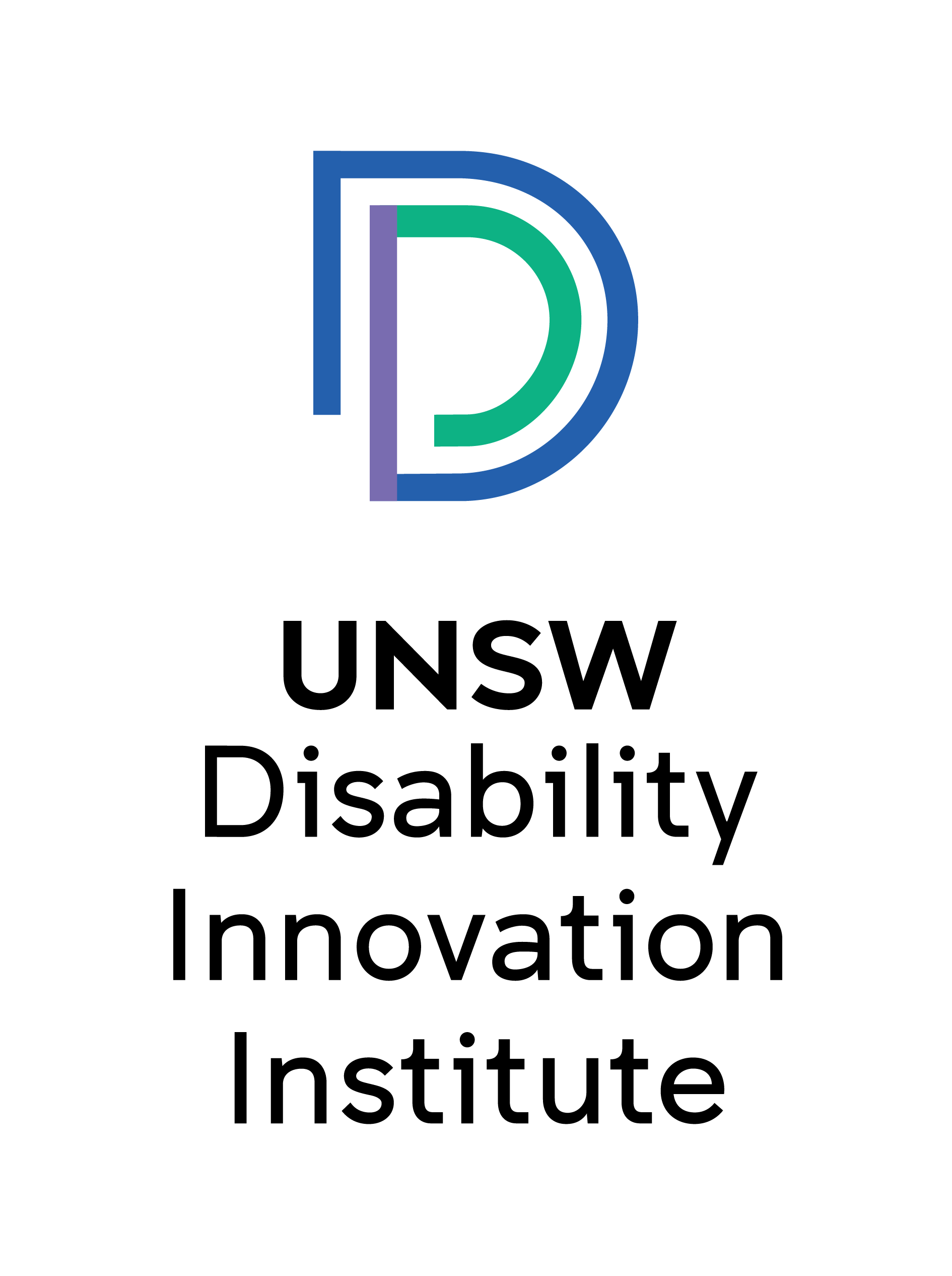After the long Christmas and New Year (and summer) break, the UNSW Disability Innovation Institute is busy once again, with a full program of events and communications in the coming months, and plans for producing more resources available to the UNSW community and beyond.
Following on from last year's podcast tasters, we are continuing our series through this year. This month I was in conversation with Professor Terry Cumming, the Institute's Academic Lead Education, discussing how UNSW is implementing the principles of Universal Design for Learning (UDL) and how that can benefit students and staff with disabilities. You can read more about that podcast later in the newsletter. Further on in the year we will have podcasts to mark a major landmark for people with disability: the 15th anniversary of Australia becoming a signatory to the UN Convention on the Rights of Persons with Disability, and a short series looking in detail at inclusive research. Watch out for more details coming soon.
We are dlighted to be able to begin this year with a band, in the form of a call for applications to the Institute's 2022 Seed Funding round. We are offering three grants of $10,000 each to help launch research projects that are innovative, interdisciplinary, and disability inclusive.
Before next month's letter is released, we will have celebrated International Women's Day (IWD) on 8 March. On IWD, people around the world come together to celebrate the diverse achievements of women through history and in the present day. Alongside the celebration, IWD also inevitably calls to mind the many additional obstacles to fulfilling their potential that women and girls encounter from birth onwards. The same can of course be said about people with disability, and so of women with disability. The concept of intersectionality reminds us that two forms of disadvantage, for example sex-based and disability-related, don't simply add to each other but interact in complex ways. The lives of women with disability may hold distinctive experiences that aren't shared by women without disability or by disabled men. On IWD it's important to remember that these can be experiences of discrimination and exclusion, but they can also be positive experiences of solidarity and inclusion, and these are worth celebrating too.

